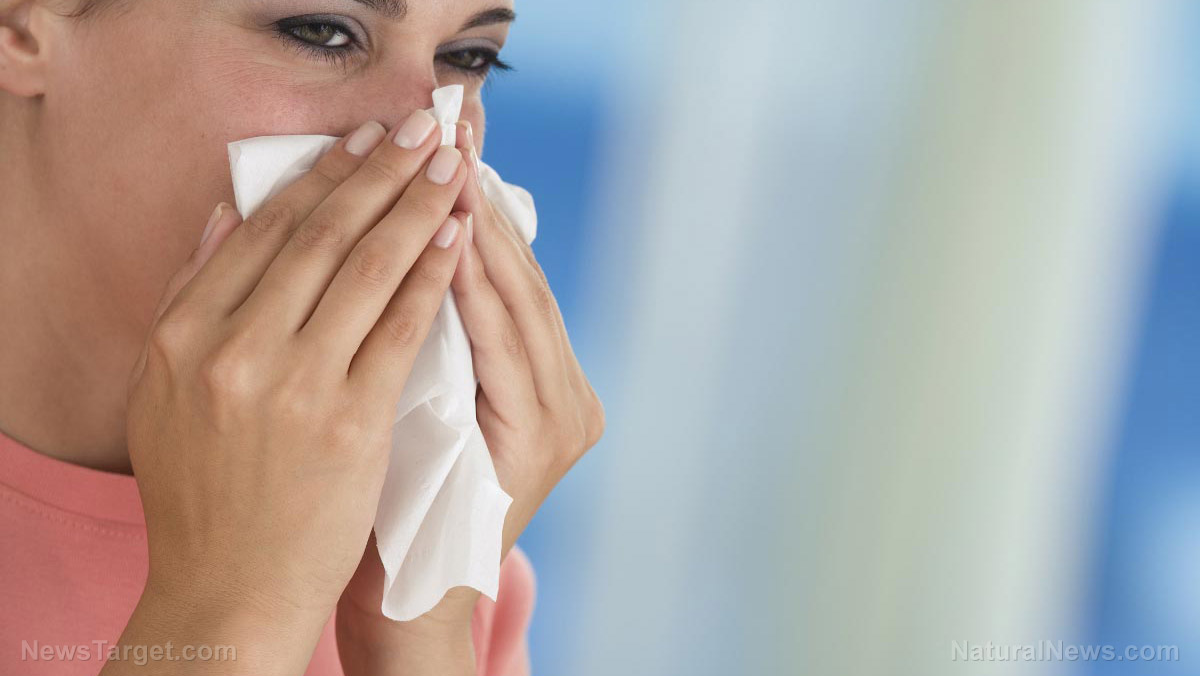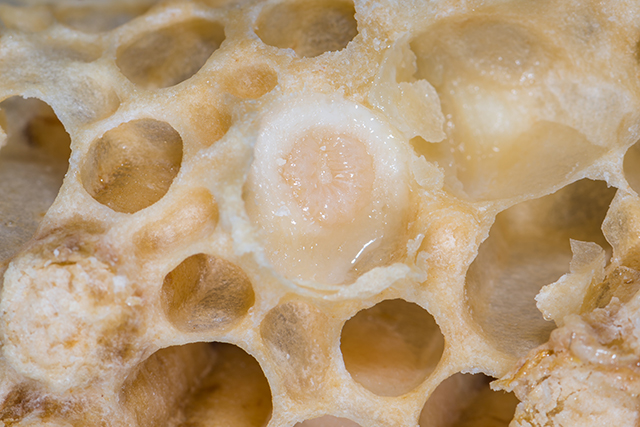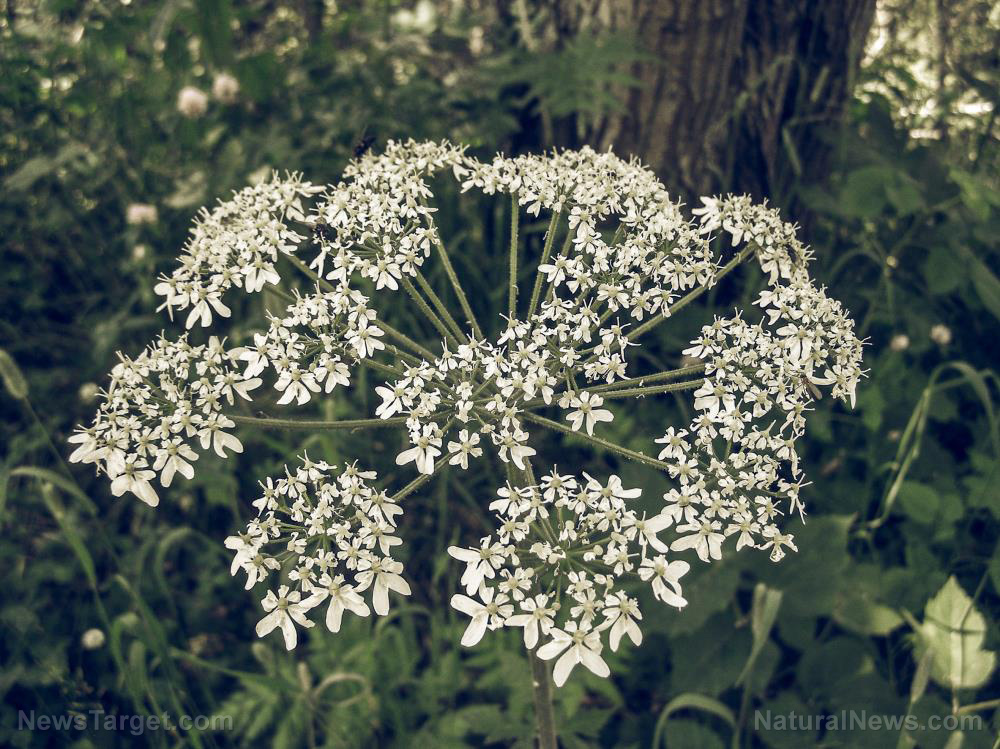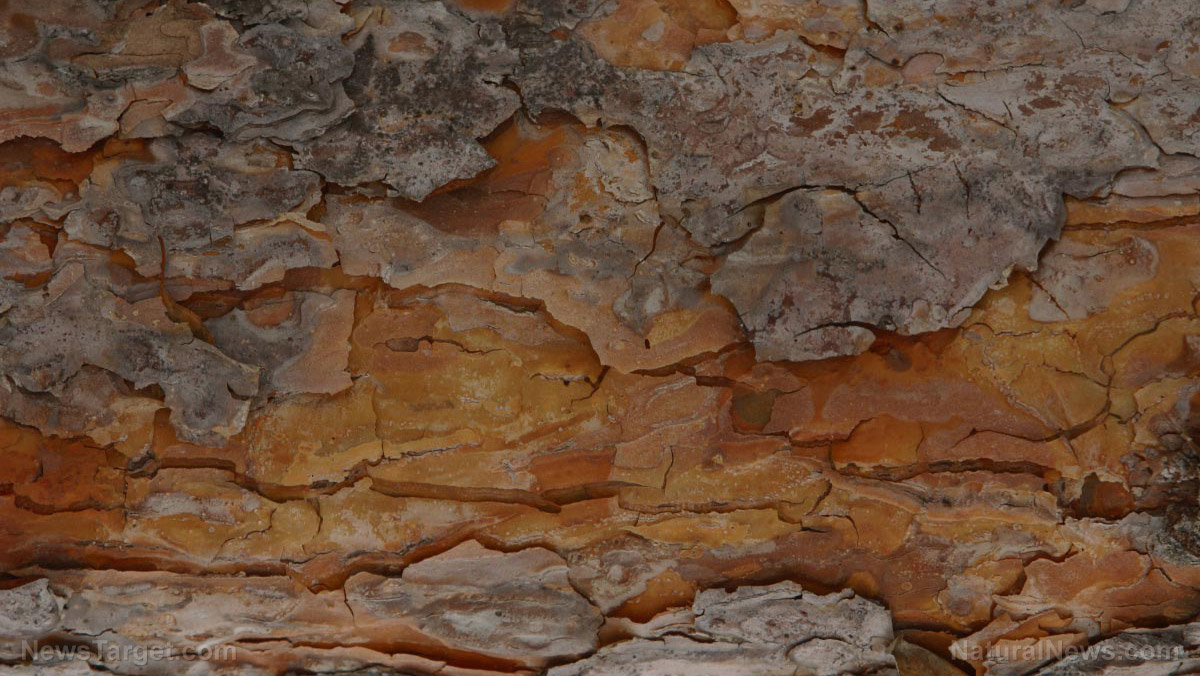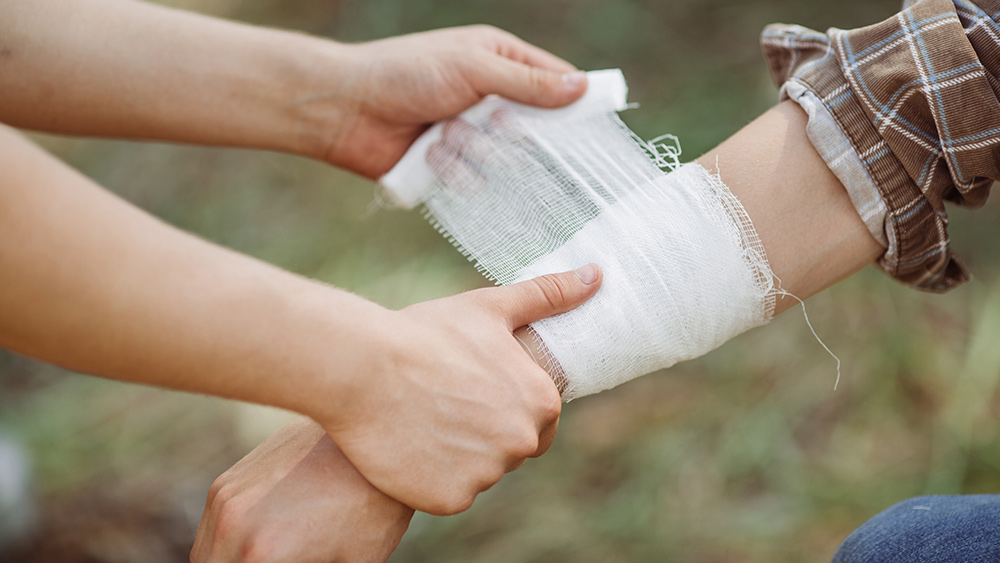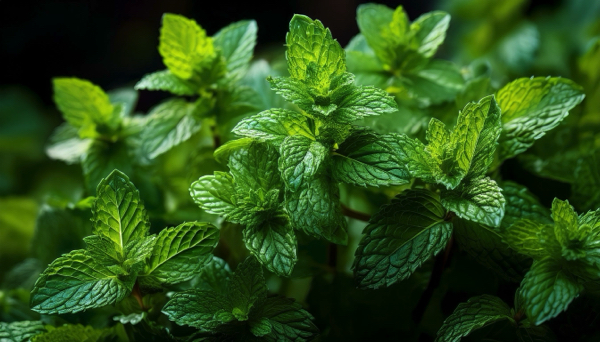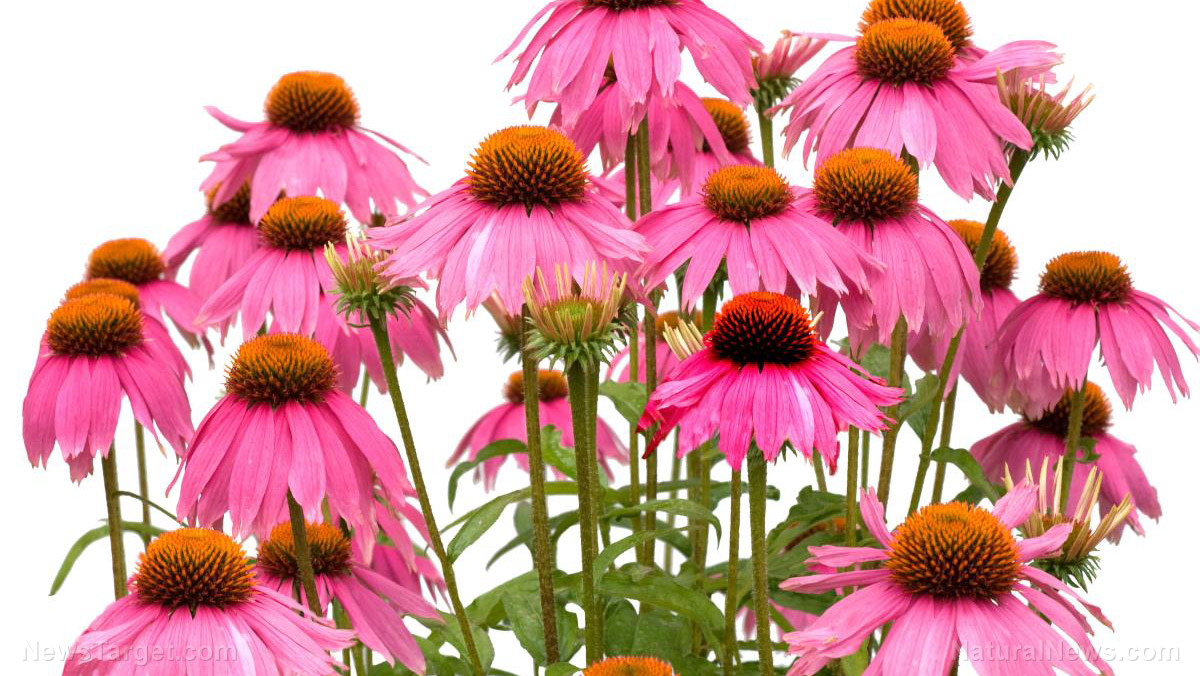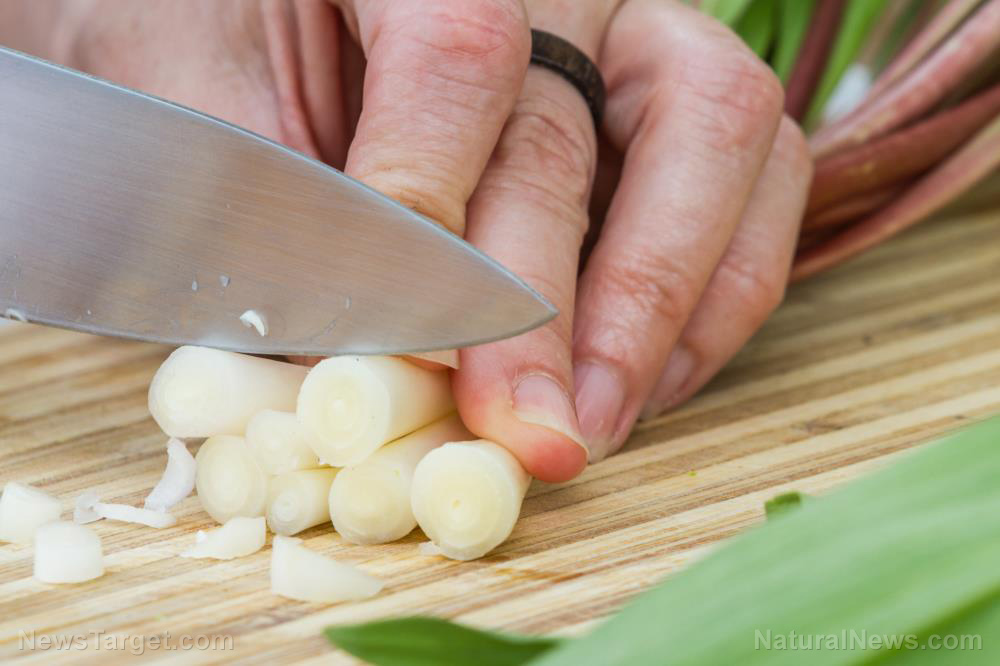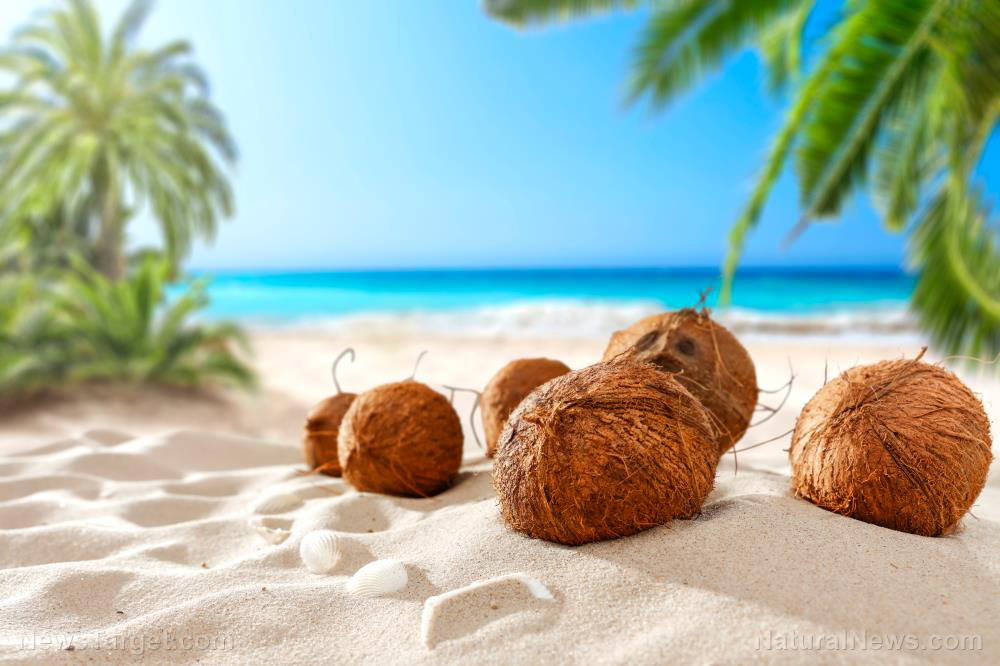Iodine-rich foods fight breast cancer
12/21/2024 / By News Editors
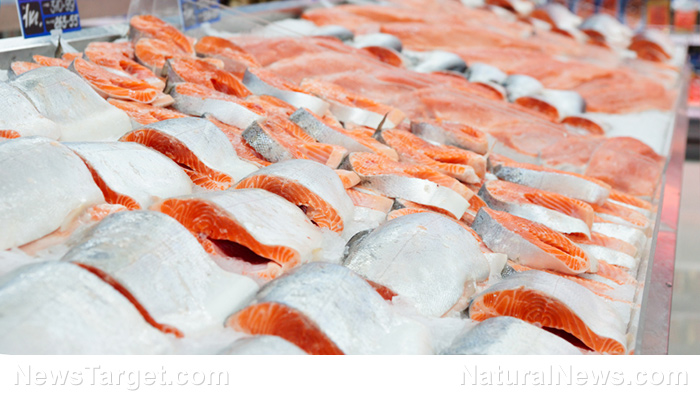
Women with iodine deficiencies are more likely to develop breast cancer. Eat more of these iodine-rich foods to reduce your risk
(Article republished from GreenMedInfo.com)
The myth persists that a mammogram is the number one way to avoid breast cancer.
But the truth is that mammogram radiation can cause cancer… mammograms don’t prolong lives… and breast cancer screenings result in over-diagnosis and over-treatment.
Real breast cancer prevention starts with attention to diet, exercise, stress reduction, and environmental toxins.
And when it comes to diet, one of the best nutrients to help ward off breast cancer is iodine.
If you think about it at all, you probably associate iodine with your thyroid. Too little of this element can lead to a painful swelling of the thyroid known as a goiter.
But iodine also plays a crucial role in women’s breast health. In fact, a woman stores more iodine in her breasts than in her thyroid.[i]
It’s nature’s way of protecting babies. Iodine is critical for brain development in infants. Storing iodine in the breasts insures a good supply of this essential brain mineral in breast milk.
But when a woman’s supply of iodine is low, it’s not just a nursing baby who’s at risk. Women with iodine deficiencies are more likely to develop breast cancer.
What’s the link between low iodine and breast cancer?
When iodine levels are low, the ovaries produce more estrogen.[ii] Higher circulating levels of estrogen raise the risk of reproductive cancers like prostate, endometrial, ovarian, and breast cancers.
In addition, low iodine increases the sensitivity of estrogen receptors in breast tissue.[iii] The breast starts taking up even more estrogen. That spikes breast cancer risk even more.[iv]
Dr. Bernard Eskin was a pioneer in iodine research. He discovered that iodine-deficient breast tissue is more likely to have pre-cancerous changes and that iodine could reverse those changes.
In lab studies he showed that iodine up-regulated 29 genes and down-regulated 14 genes in breast cancer cells, leading to cellular death[v] and suppression of tumor growth.[vi] Other animal studies show iodine can reduce breast tumor rates by 2.5 times.[vii]
And while iodine speeds the death of cancer cells, it leaves normal cells alone.
Epidemiological studies support the importance of iodine in breast health
In Japan breast cancer rates are about 66% lower than in the U.S.[viii] At the same time, Japanese women consume between 3 and 13 milligrams per day of iodine.[ix]
But the U.S. Dietary Reference Intake (DRI) for iodine is only 150 micrograms per day (or 290 mcg if you’re pregnant or nursing).
By some estimates, Japanese women are getting about 25 times more iodine than the average American woman.[x]
But when Japanese women move to the U.S. and start eating a Western iodine-deficient diet, their breast cancer rates spike to American levels.[xi]
Since the 1920s Americans have gotten most of their iodine from iodized salt. That’s thanks to a government push to add iodine to salt to prevent goiter.
But in recent decades anti-salt propaganda has led to women cutting salt – and therefore iodine – from their diets. Since the 1970s rates of iodine deficiency have quadrupled.[xii]
Environmental toxins have also led to lower iodine levels. A group of chemicals known as halides binds to receptors inside your cells that are meant for iodine. They block the body’s ability to absorb and use the iodine.[xiii]
These halides include perchlorate, a chemical used for rocket fuel. Perchlorate now contaminates our groundwater, soil, and food supply.
Chlorine and fluoride in drinking water also block iodine. So does bromine in flour, bread and baked goods.
If you’re deficient you can still boost your levels and ward off many health dangers – including breast cancer.
But your body can’t make iodine. You have to get it from food or supplements.
Good food sources of iodine are:
- Seafood (salmon, scallops, lobster, tuna, cod, and shrimp)
- Yogurt
- Cranberries
- Potato (unpeeled)
- Navy beans
- Eggs
But hands down the richest source of iodine comes from seaweed. It has 10 times or more iodine than other foods.
And it’s powerful against breast cancer. A Japanese study found seaweed more potent than the chemo drug fluorouracil for breast cancer.[xiv]
Look for wakame, nori, arame, dulse, kombu, or kelp in Asian food markets and health food stores.
Add dried seaweed to the pot when cooking soups, grains, or beans.
And Maine Coast makes organic kelp granules that you can add to your (un-iodized) salt shaker or just sprinkle on your food before serving.
Read more at: GreenMedInfo.com
Submit a correction >>
Tagged Under:
alternative medicine, breast cancer, food cures, food is medicine, food science, health science, iodine, natural cures, natural health, natural medicine, nutrients, nutrition, research, women's health, Xpost
This article may contain statements that reflect the opinion of the author
RECENT NEWS & ARTICLES
consumerwellness.info is a fact-based public education website published by consumerwellness.info
All content copyright © 2023 by consumerwellness.info
Contact Us with Tips or Corrections
All trademarks, registered trademarks and servicemarks mentioned on this site are the property of their respective owners.

